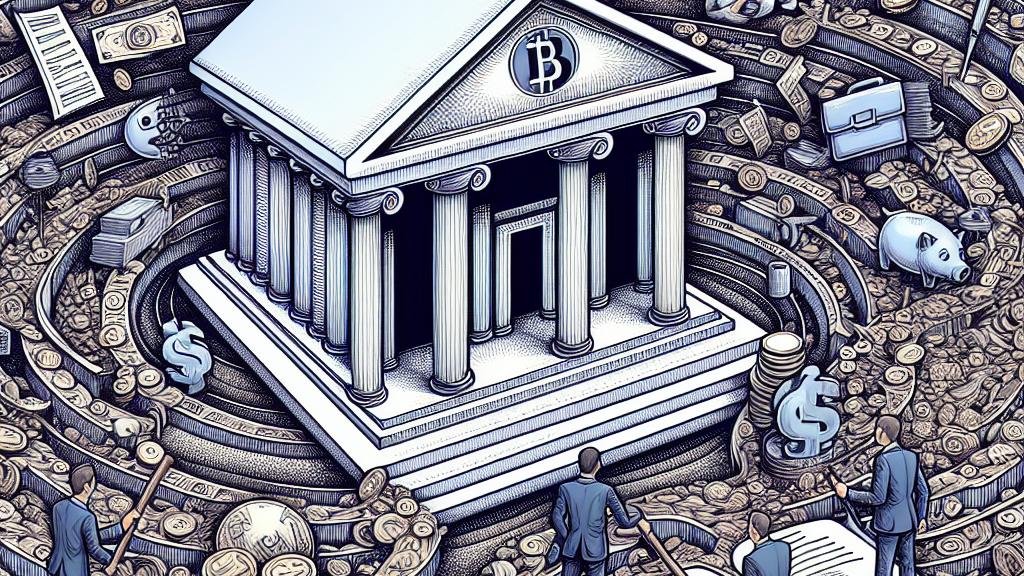Shocking Revelation: Government Agencies Ordered Banks to Stop Crypto Transactions!
Overview
- U.S. regulators shocked the industry by instructing banks to halt cryptocurrency transactions.
- Court documents from Coinbase's lawsuit reveal startling government interventions.
- Regulatory crackdowns are creating isolation for the cryptocurrency world, stifling its potential.

Government Intervention in Crypto
In an unprecedented move that has sent ripples through the financial world, U.S. regulators have ordered banks to cut off transactions related to cryptocurrencies. This alarming directive, unearthed through court documents in Coinbase's lawsuit, is a game-changer for many in the crypto space. It's as if a giant curtain has been pulled back, revealing the concerted efforts of government agencies, particularly the FDIC, to impose strict controls on the burgeoning digital currency market. Many were left to wonder if these pressures were merely conspiracy theories, yet the reality is far more urgent—banks are now on edge, caught between maintaining compliance and supporting innovation in the crypto realm.
Uncovering Operation Chokepoint 2.0
The phrase ‘Operation Chokepoint 2.0’ has emerged as a rallying point for cryptocurrency advocates. It reflects a belief that the government is implementing policies aimed at stifling the growth of crypto firms. The documents released from the FDIC’s directives are revealing. They explicitly ask banks to pause all activities related to cryptocurrencies, suggesting that these institutions should refrain from processing crypto transactions unless provided with new, exhaustive applications. This intense scrutiny not only hinders the daily operations of crypto companies but also fosters a chilling climate of fear and uncertainty that threatens to curb innovation across the entire sector.
The Broader Impact of Regulation
The ramifications of this regulatory push extend well beyond just limiting bank transactions; they signify a potentially existential threat to the cryptocurrency industry at large. Banks, fearing government repercussions, are retreating from partnerships with crypto businesses, which places these innovators in a precarious position. Meanwhile, the ongoing lawsuits from the SEC against banking giants like Coinbase and Binance have set a troubling precedent—these actions are not just typical regulatory measures; they're indicative of an existential battle over who gets to decide the future of cryptocurrency in America. Leaders in the industry are urgently calling for clearer legislation that recognizes the complexities and unique qualities of crypto assets if they hope to prevent the sector from being marginalized. In this volatile environment, understanding the dynamics of government regulation has never been more crucial for investors, users, and enthusiasts alike.

Loading...